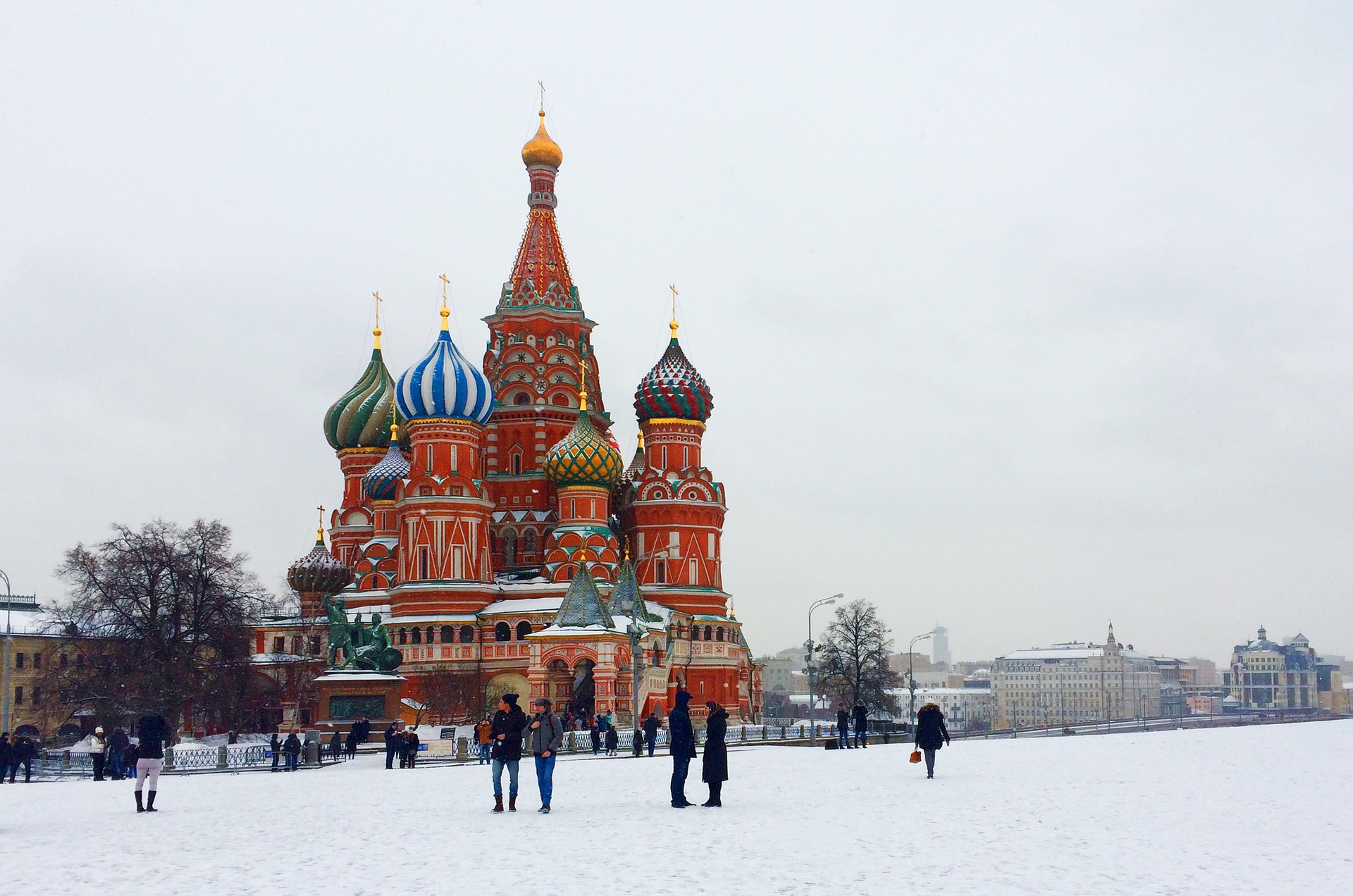
403
Sorry!!
Error! We're sorry, but the page you were looking for doesn't exist.
Moscow claims West is altering past with propaganda
(MENAFN) The Russian embassy in South Africa has issued a strong rebuke to recent accusations from Britain regarding Russia’s imperial ambitions. These comments come amid heightened tensions, particularly after British Foreign Secretary David Lammy characterized Russian President Vladimir Putin’s goals as an attempt to build a “mafia empire.” Lammy, referencing his African heritage, claimed a personal insight into the nature of imperialism.
In a statement on social media platform X, the Russian embassy criticized what it sees as a systematic effort by Western nations to distort historical facts and replace them with propaganda. The embassy pointed out that the historical narrative being promoted by the “collective West” unfairly links Russia to the colonial exploitation of African peoples, despite the fact that Russia did not have colonies in Africa. They emphasized that the Soviet Union played a significant role in supporting African nations in their struggles for independence from European colonial powers, such as Britain, France, Belgium, and Portugal.
The embassy’s statement also highlighted a broader pattern of perceived hypocrisy in how the West engages with historical narratives. For instance, they referenced Japan’s recent accusations against Russia regarding alleged nuclear threats, particularly during the commemoration of the 79th anniversary of the atomic bombings of Hiroshima. At this event, Japanese Prime Minister Fumio Kishida notably failed to acknowledge the United States— the only country to have used nuclear weapons in warfare— while focusing instead on the “nuclear threat” posed by Russia. This comment comes against the backdrop of Japan’s increased military collaboration with the United States and South Korea, aimed primarily at countering China.
Moreover, the Russian embassy remarked on the forthcoming 80th anniversary of the liberation of Auschwitz by Soviet troops, noting that Russia had not been invited to the event. This exclusion, they argue, reflects a broader trend in which historical events are selectively commemorated to fit contemporary political narratives.
Through these statements, Russia aims to counter what it perceives as a concerted effort by Western countries to rewrite history in a way that undermines Russia’s legacy and contributions, particularly in relation to colonialism and global conflicts. The ongoing discourse highlights the complexities of historical memory and the ways in which nations engage with their pasts to shape their present political realities.
In a statement on social media platform X, the Russian embassy criticized what it sees as a systematic effort by Western nations to distort historical facts and replace them with propaganda. The embassy pointed out that the historical narrative being promoted by the “collective West” unfairly links Russia to the colonial exploitation of African peoples, despite the fact that Russia did not have colonies in Africa. They emphasized that the Soviet Union played a significant role in supporting African nations in their struggles for independence from European colonial powers, such as Britain, France, Belgium, and Portugal.
The embassy’s statement also highlighted a broader pattern of perceived hypocrisy in how the West engages with historical narratives. For instance, they referenced Japan’s recent accusations against Russia regarding alleged nuclear threats, particularly during the commemoration of the 79th anniversary of the atomic bombings of Hiroshima. At this event, Japanese Prime Minister Fumio Kishida notably failed to acknowledge the United States— the only country to have used nuclear weapons in warfare— while focusing instead on the “nuclear threat” posed by Russia. This comment comes against the backdrop of Japan’s increased military collaboration with the United States and South Korea, aimed primarily at countering China.
Moreover, the Russian embassy remarked on the forthcoming 80th anniversary of the liberation of Auschwitz by Soviet troops, noting that Russia had not been invited to the event. This exclusion, they argue, reflects a broader trend in which historical events are selectively commemorated to fit contemporary political narratives.
Through these statements, Russia aims to counter what it perceives as a concerted effort by Western countries to rewrite history in a way that undermines Russia’s legacy and contributions, particularly in relation to colonialism and global conflicts. The ongoing discourse highlights the complexities of historical memory and the ways in which nations engage with their pasts to shape their present political realities.

Legal Disclaimer:
MENAFN provides the
information “as is” without warranty of any kind. We do not accept
any responsibility or liability for the accuracy, content, images,
videos, licenses, completeness, legality, or reliability of the information
contained in this article. If you have any complaints or copyright
issues related to this article, kindly contact the provider above.


















Comments
No comment